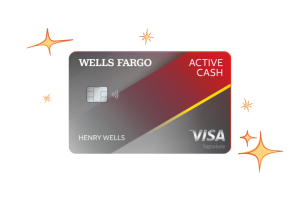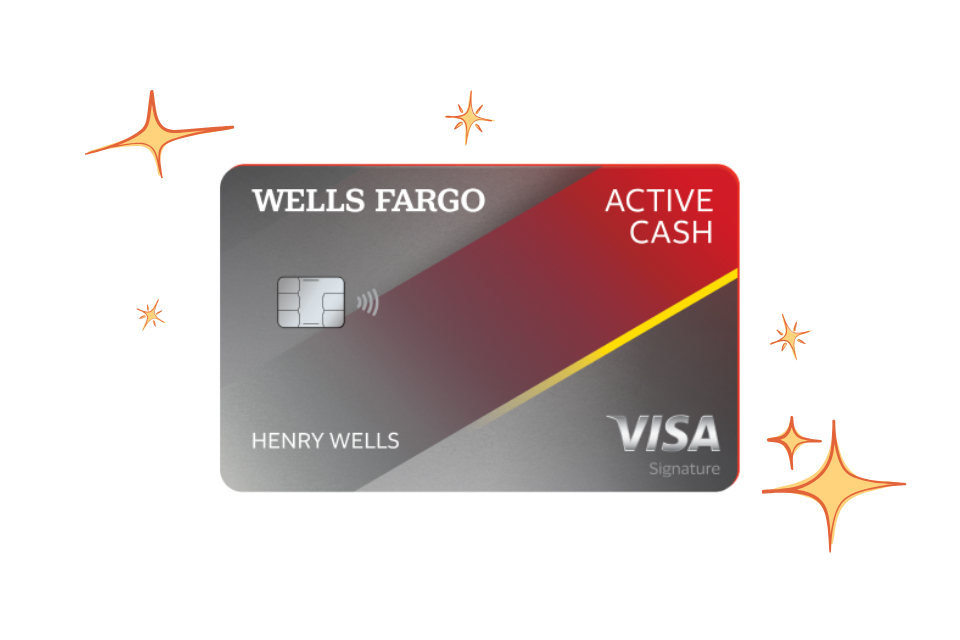You’ve probably heard endlessly about how your US credit score affects getting a credit card or buying a car. But did you know that three-digit number can also play a significant role in whether you get approved for that apartment you love, or even how much deposit you have to pay to turn on your electricity or internet? It’s true. In the United States, your creditworthiness reaches into corners of your life you might not expect, and renting property or setting up essential services are prime examples.
Understanding this expanded role of your credit score is super important, especially if you’re new to the country or working on building positive credit history. Landlords and utility companies use credit information differently than banks do, but their assessment can still impact your ability to secure housing and necessary services. Let’s pull back the curtain on why your credit score matters in the rental and utility world.
The Landlord’s Perspective: Assessing Your Reliability as a Tenant
When you apply to rent an apartment or house in the US, nearly all landlords or property management companies will run a credit check as part of their screening process. They’re not necessarily looking at the exact same things a bank would for a mortgage, but they use your credit history as a predictor of how reliable you might be as a tenant.
What are they looking for? They primarily want to see a history of paying bills on time. Late payments, accounts in collections (especially past rent or utility bills!), bankruptcies, or judgments against you are major red flags. They also look at your debt levels – high credit card balances might make them wonder if you have the financial capacity to consistently pay rent after covering other obligations. A thin credit file, meaning you haven’t used credit much or at all, can also be a concern because it gives them little information to assess your risk.
A strong credit score (generally in the “Good” or “Very Good” range) tells a landlord you’re likely responsible with financial commitments, which they hope translates to paying rent fully and on time. A low score or a problematic report suggests potential issues. While approval isn’t solely based on score (they look at income, rental history, background checks), a low credit score can absolutely be a reason for denial or require extra steps.
The Utility Company’s View: Guaranteeing Payment for Services
Setting up essential services like electricity, gas, water, internet, or even a mobile phone plan in the US? Get ready, they might check your credit too. Utility companies are essentially lending you services with the expectation that you’ll pay the bill later. They use your credit history to assess the risk that you might not pay.
What they’re keen on seeing is a history of paying bills on time, particularly past utility accounts. Negative marks like late payments, accounts sent to collections, or a history of service shut-offs are significant red flags. A solid payment history with other creditors (like credit cards or loans) also helps assure them you’re generally responsible.
If your credit score is low or you have negative marks related to past utility payments, they might see you as a higher risk. This often doesn’t mean outright denial of service (they usually have to provide service), but it will very likely mean they require a security deposit before they turn on your service. This deposit can sometimes be quite high, potentially equaling several months of estimated service costs. A good credit score, conversely, often allows you to waive this deposit requirement entirely, saving you money upfront.
Navigating Renting and Utilities with Low or No Credit
So, what if you’re new to the US or have a low credit score? Don’t despair; it makes things harder, but not impossible.
- Be Upfront and Explain: If you know your credit is a weak point, be honest with potential landlords or utility companies. Explain your situation (e.g., new to the country, actively building credit).
- Offer Alternatives:
- For Renting: Offer to pay a larger security deposit (more than the standard one month’s rent). Offer to pay several months of rent upfront. Provide references from previous landlords (if any) or employers. If possible, get a co-signer with good credit (a relative or trusted friend) who will guarantee the rent payments if you default.
- For Utilities: Be prepared to pay a security deposit. Ask about options to get the deposit back after a period of on-time payments (e.g., 12 consecutive on-time payments). Some companies might offer prepaid services as an alternative.
- Show Proof of Income and Savings: Demonstrate that you have a stable income and sufficient funds to cover rent and bills. Provide pay stubs, bank statements, or employment verification letters.
- Build Credit Actively: While you’re searching, focus intensely on building positive credit history. Getting a secured credit card, using it responsibly, and paying on time will start creating a positive report for the future. Services that report rent payments to bureaus might also help over time.
The Connection: Your Credit Habits Matter Everywhere
The fact that your credit score impacts renting and utilities underscores a fundamental truth in the U.S.: your history of managing financial obligations is used as a broad indicator of your reliability. Paying your credit card bills and loan payments on time isn’t just about avoiding interest or building a number; it’s about demonstrating responsible behavior that influences many aspects of your life.
A healthy credit score opens doors and saves you money, not just on loans, but on deposits and potentially even qualifying for housing. By focusing on building and maintaining good credit habits – consistently paying bills on time, keeping debt low – you’re not just improving a number; you’re strengthening your overall financial profile and making it easier to secure the essentials of living in the United States. It’s another powerful reason to prioritize your credit health.
















